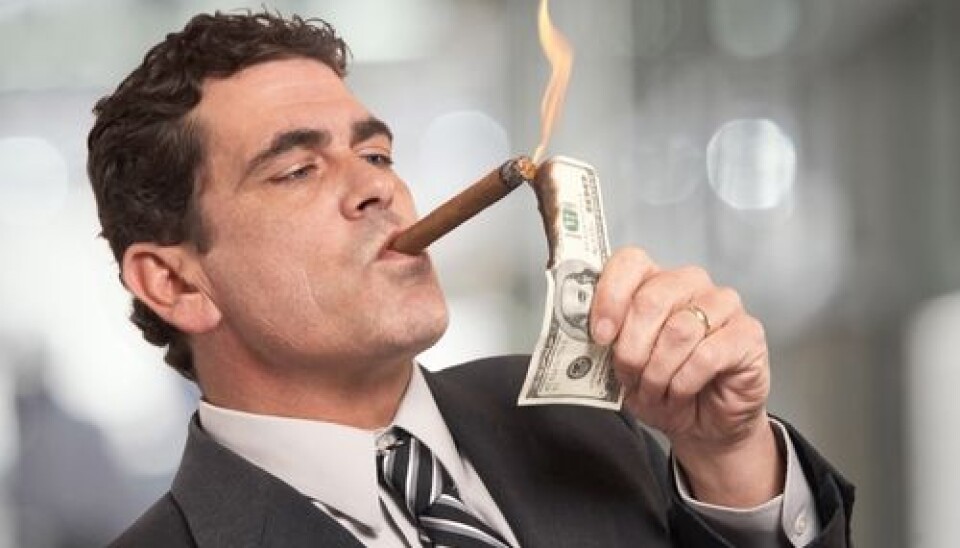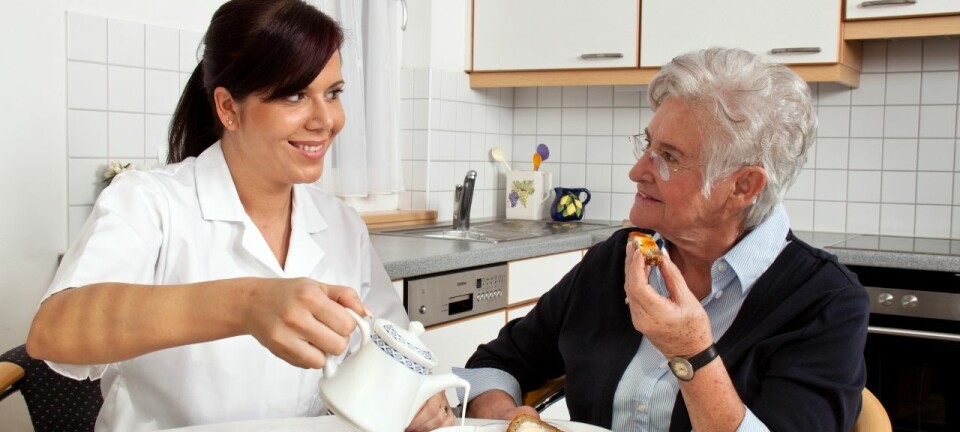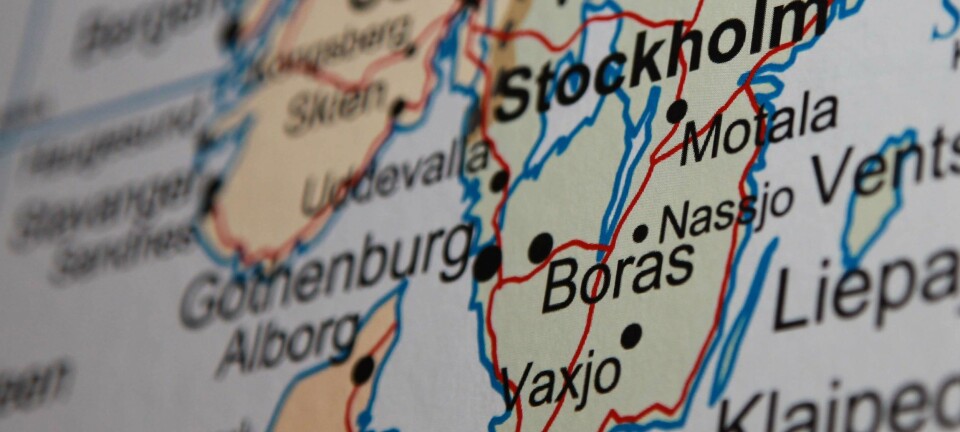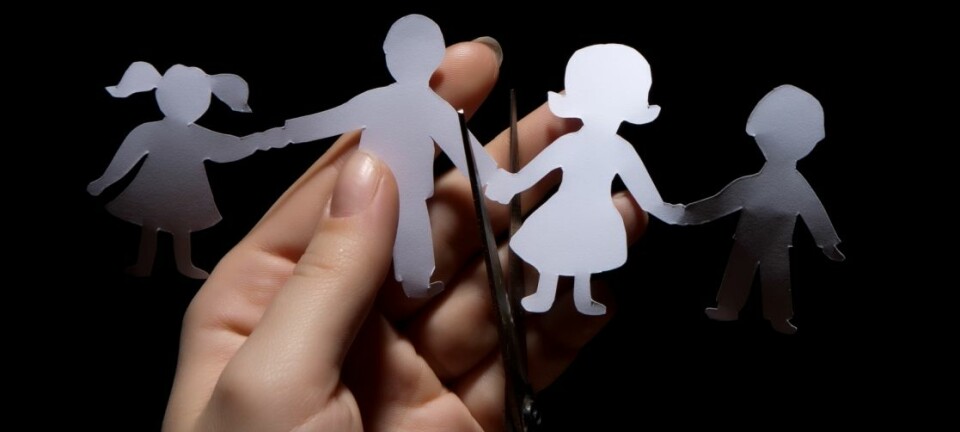
Media influences our attitude towards the wealthy
Danish and Swedish media portray wealthy people in different ways. This has an effect on the difference in attitudes towards economic equality in the two countries.
How much should the director of a big company earn?
Studies show that most Scandinavians believe it is fair that a director earns twice as much as an unskilled worker.
Contrast this with Germany and the US, where director’s salaries up to five times higher than an unskilled worker’s salary are generally accepted.
But there is also a difference within the Scandinavian countries in terms of how the populations regard economic equality. This difference is partly caused by the Danish media, which describes wealthy Danes as part of our community.
The Swedish media portrays the wealthy as an independent group, often suspected of being more selfish than others, not contributing enough to society and even cheating in taxes.
”The Swedish media portrays the wealthy as an independent group, often suspected of being more selfish than others, not contributing enough to society and even cheating in taxes,” says Andreas Pihl Kjærsgård, who is writing a PhD thesis about Scandinavian attitudes towards income equality at the Department of Political Science, Aalborg University, Denmark.
“The Danish media, on the other hand, only rarely specifies ‘the wealthy’ as a group. They are part of our community.”
This difference in media portrayal is part of the explanation why there is more agreement among the general Danish population with regards to what a fair salary is than there is among Swedes.
Attitudes based on media
The researcher’s study includes a survey of the public attitudes to income equality in 38 countries. The survey analysis revealed that while the richest and the poorest in Norway and Denmark have very similar views on the matter, the differences are greater in Sweden.
When you refer to a group as people who are different from ourselves, it is easier to have an attitude that says these people should be treated differently.
”Swedes with high-salary jobs and high social status tend to accept more inequality than those at the bottom end of the salary pyramid,” says Kjærsgård.
“There are internal differences in Denmark too, but they are small.”
He says that our attitudes are often based on what we read in newspapers. So in his search for an explanation, he decided to take a closer look at the Swedish and Danish media landscape.
He set up search algorithms with a Danish and a Swedish media archive, searching for ‘de rige’ (‘the wealthy’) in the period from February 1996 to April 2013. He excluded all articles that focused on wealthy people abroad. The search resulted in 15,000 articles.
Softer language in Danish articles
An analysis of 750 sample articles from each of the two countries revealed that Swedish journalists often used the term ‘de rige’ (‘the wealthy’) in both positive and negative contexts. The Danish articles tended to lean towards using terms such as ‘the highest-paid’ and ‘the difference between rich and poor’.
According to the researcher, the Danish terms portray the richest Danes in a more inclusive way, as part of Danish society – as opposed to the Swedes’ frequent use of ‘the wealthy’ as a separate group.
'The others' should be treated differently
The ’Danish way’ of portraying wealthy citizens leads to a greater accept of their income among the rest of the population.
The richest Danes, on the other hand, also want more equality as long as they are not labelled as being different.
Kjærsgård refers to a UK study, which shows that the British media portrays poor Brits in a way that has formed the basis for a belief that ‘the poor’ are a potentially dangerous group with different moral principles from those of the Middle-Class Brit.
”When you refer to a group as people who are different from ourselves, it is easier to have an attitude that says these people should be treated differently,” he says.
Without support, the equality will disappear
The researcher believes that our attitudes towards income equality are interesting because they tell us something about how much support there is for the internationally acclaimed Nordic model.
This model includes a welfare state, flexicurity in the labour market and a principle which says that equality is good. We up in the North, argues Kjærsgård, favour neither social nor economic hierarchies.
”If the support isn’t there, the model will eventually disappear.”
Kjærsgård has authored several research papers on the subject. These will be included in his PhD thesis, which he aims to complete by 2014.
------------------------
Read the Danish version of this article at videnskab.dk










